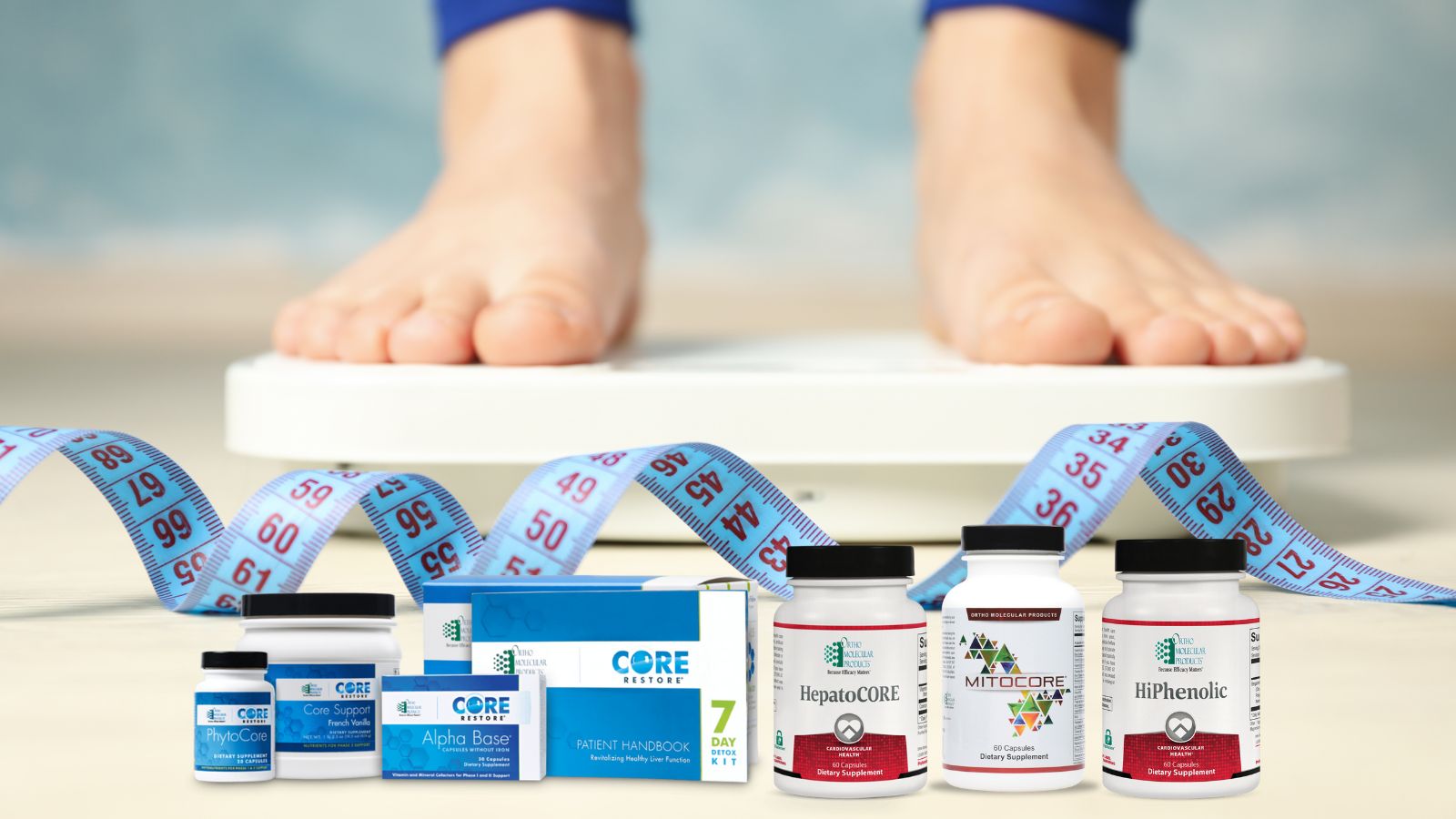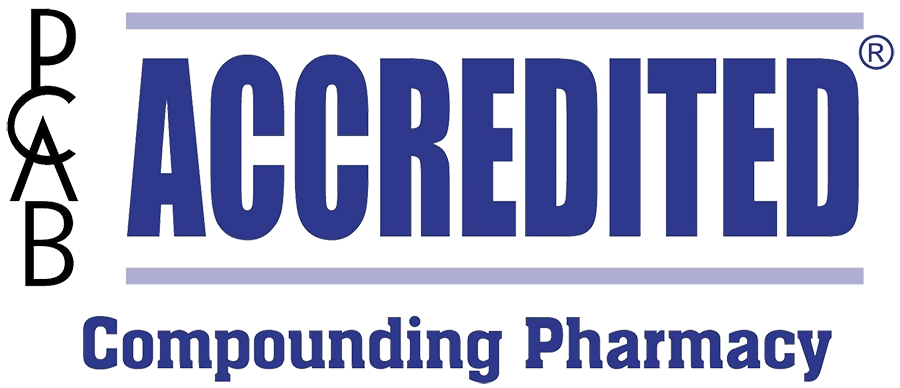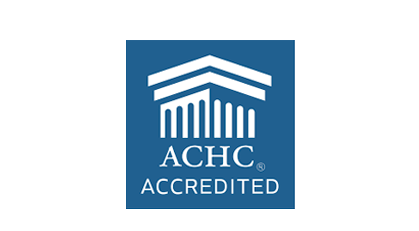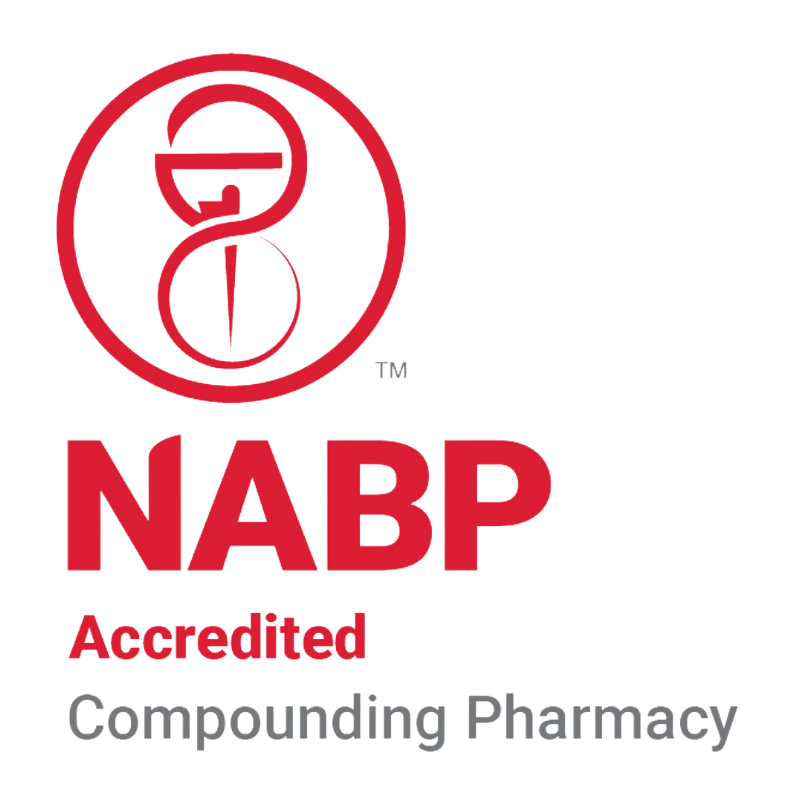
COMMON QUESTIONS
Can I still prescribe GLP-1s?
Can I get my semaglutide or tirzepatide Rx filled at your pharmacy?
Answer: Town & Country is compounding GLP-1 Rx’s as long as the drugs remain on the FDA shortage list.
The need for pharmacies to prepare copies of FDA-approved drugs when the drug is in shortage existed well before the advent of GLP-1s.
The Alliance for Pharmacy Compounding (APC) supports the responsible compounding and dispensing by compounding pharmacies of “essentially copies” of FDA-approved drugs when those drugs are listed as “currently in shortage” on the FDA Drug Shortage List, as allowed for in FDA guidance.
According to FDA guidance, a compounding pharmacy may prepare “essentially a copy” of an FDA approved drug when that drug is listed as “currently in shortage” on the FDA drug shortage webpage. FDA has affirmed this in media reports. This exception is not a loophole. It’s an intentional and essential policy for assuring patients can continue to access necessary drug therapies when any FDA approved drug is in shortage. For years, compounding pharmacies have helped assure that continuation of care. Based on a patient-specific prescription from a provider, they compound copies of FDA-approved drugs that can be lifesaving for some patients.
Source: APC
When “available” doesn’t mean “available”
The reality of the situation is that they remain in short supply. This is why the FDA continues to list these drugs on its shortage list.
Note: If the drug name is removed from the list, it can no longer be compounded.

Ozempic®, Wegovy®, Mounjaro®, & Zepbound® drug availability
Eli Lilly recently announced that Mounjaro® is available, ditto for Zepbound®, and Novo Nordisk implies the same for Ozempic® and Wegovy®. They made the public think the shortage crisis was finally over, implying that compounders might no longer be necessary to supply GLP-1 drugs.
However, there’s a catch:
“Available” doesn’t necessarily mean “no longer in shortage.”
As highlighted in a Politico article, retail pharmacies are still struggling to access many of the doses that patients need. Whether this is because Eli Lilly and Novo Nordisk consider “available” to mean “we have some in stock,” or due to challenges in distribution, the reality is that semaglutide and tirzepatide injections remain in short supply. This is why the FDA continues to list both drugs on its shortage list.
While it might not be fair to accuse pharmaceutical companies of being misleading, the fact remains — according to the FDA — that patients are still having trouble accessing these medications. So yes, compounders are still needed to bridge the gap.
According to the FDA Shortage list (at the time of this blog publication)
Semaglutide Injection
Status: Currently in Shortage
»Date first posted: 03/31/2022
»Therapeutic Categories: Endocrinology/Metabolism
Tirzepatide Injection
Status: Currently in Shortage
»Date first posted: 03/31/2022
»Therapeutic Categories: Endocrinology/Metabolism
Source: FDA.gov
Alliance for Pharmacy Compounding (APC) has put together: Best Practices When Compounding FDA-Approved Drugs Listed in Shortage. “Best practices,” is going beyond simply complying with laws and regs.
Practitioners: Ready to start prescribing GLP-1 medications (semaglutide and tirzepatide)?
Sourcing and testing active pharmaceutical ingredients (API) for shortage drugs
One question we often get is, where do we get the powders to compound GLP-1s (our source)?
At Town & Country Compounding, our medication comes from reputable wholesalers, often the same manufacturer/wholesaler the drug company buys from.
a. Approved Sources: Pharmacies must obtain APIs only from state-licensed wholesalers who purchase from FDA-registered manufacturers or directly from FDA-registered manufacturers. They must ensure the wholesaler verifies the manufacturer’s FDA registration and both the API and the parties involved comply with section 503A and hold the necessary permits or licenses in their respective states.
b. Testing New Suppliers: When sourcing APIs from a new or unfamiliar wholesaler or manufacturer, pharmacies should send a sample of the API for independent third-party testing to confirm potency and purity before preparing and dispensing it for the first time.
c. Vendor Quality Assurance: Pharmacies should ensure that vendors have robust processes for verifying the quality of chemicals, including identity testing to confirm that the chemical matches the label. They should evaluate the vendor’s overall quality processes and ask pertinent questions. Relying solely on the manufacturer’s Certificate of Analysis is insufficient; consider requesting the wholesaler’s batch release testing, including at least an ID test, but ideally also purity and water content testing, in addition to the manufacturer’s testing.
d. USP Chapter <797> Compliance: Follow USP Chapter <797> guidelines for testing requirements, including sterility, endotoxin, stability, particulate matter, antimicrobial effectiveness, and container closure integrity studies.
*Rephrased from “Best Practices When Compounding FDA-Approved Drugs Listed in Shortage”
Town & Country Compounding abides by The APC Code of Ethics
The Pharmacy Compounding Professional’s Code of Ethics
Responsibilities to one’s patients, self, colleagues, and profession
As a pharmacy compounding professional, I will:
- Uphold the triad relationship — patient, prescriber, and pharmacist — as the foundation of pharmacy practice, acting in patients’ best interest by collaborating with patients, their caregivers, and other healthcare professionals to manage a patient’s treatment.
- Comply with all applicable state and federal laws and regulations.
- Practice the art and science of pharmacy compounding with competence and integrity, assuring patient safety and the quality of compounds, maintaining accurate records, and utilizing the proper compounding facilities, equipment, and materials in compounding for the benefit of patients.
- Recognize the limits of my own expertise, practice only if I am fit and competent to do so and refer to colleagues on issues beyond my knowledge and skill.
- Continually improve the quality of my work by keeping my knowledge and skills up to date via continuing education that enhances my practice.
- Assist my healthcare colleagues, sharing information and ideas both to serve the best interests of the patient and to enhance our individual skills.
- Provide care to my patients without discriminating on the basis of age, race, color, nationality, religion, gender, or disability.
- In instances in which I may have a conscientious objection to providing a compounded medication, ensure that patients are promptly referred to an alternate pharmacy
compounding professional who will provide the prescribed medication to the patient. - Assure the credibility of the pharmacy compounding profession by avoiding conflicts of interest and not engaging in business practices that are detrimental to the patient, my colleagues, or my profession.
- Be an ambassador for pharmacy compounding, advancing my profession not only by demonstrating the highest ethical behavior but also by advocating for pharmacy compounding to patients, policymakers, news media, and others in my community.
Source: APC Code of Ethics
Related videos:
High Quality, Fast Turnaround GLP-1 Injections During the FDA Shortage
Compounded GLP-1 Injections (Semaglutide Tirzepatide): Testing for Sterility, Potency, & Endotoxins
Compounded Semaglutide & Tirzepatide – Patient Video Instructions










